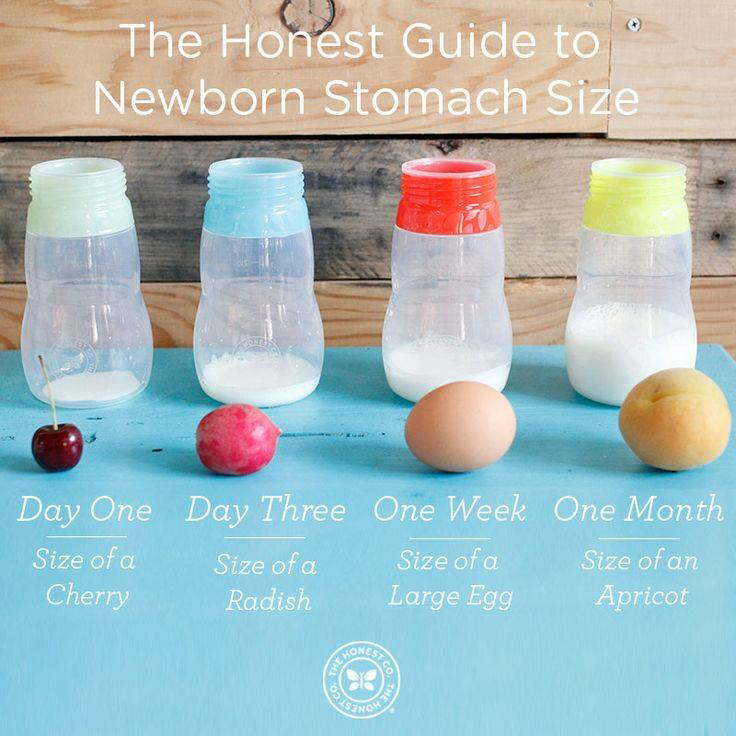|
During pregnancy, mothers should learn about the importance of exclusive breastfeeding, postpartum community resources, frequent feeding and having enough milk, breast feeding management such as feeding on cue, rooming-in and skin to skin.
New mothers need anticipatory guidance, timely pro-active interventions to help mothers tune into baby ages and stages. Breastfeeding support works best when we reach out to family rather than waiting for them to contact us. Newborn Attributes Frequently this is when moms may have gotten off to a difficult or scheduled start and baby is trying to catch up. There is no apparent schedule for newborn breastfed babies. Always be prepared for cluster feedings. If your baby is cluster feeding it is normal for their growth and other times babies will cluster feed as a comfort measure. Normal breastmilk Intake For Newborns 10-12 feedings per 24 hour time frame that include several bowel movements each day from day two through the first six weeks. Be prepared for several wet diapers. The AAP say that the infant elimination patterns expect 3-5 urines and stools at 3-5 days old. Supplementing and vitamin D Deficiency According to the AAP(2012), All breastfed infants should routinely receive an oral supplement of Vitamin D, 400 U per day beginning at hospital discharge. If babies don’t get enough vitamin D, and may, rarely, develop rickets as a result. The babies most at risk for vitamin D deficiency are those who are dark skinned, whose moms are vegetarians and don’t eat fish, meat, or dairy, and who don’t get much sun. I would never give iron if you are still breastfeeding. Giving iron supplements to nursing babies can cause intestinal upset, due to special proteins in human milk which bind iron in the babies intestines and keep harmful bacteria from multiplying. Excess iron can interfere with the functioning of these proteins, allowing “bad” bacteria to thrive. Babies should be born with vitamin D stores from their mothers, but 36% of mothers and 58% of babies were found deficient in a 2009 study. Women with lower Vitamin D levels were more likely to have C-section deliveries compared to those with higher Vitamin D levels. Lower Vitamin D levels may also be associated with gestational diabetes. So optimizing a mothers vitamin D levels during pregnancy is very important! When to start solids & wean? 6 – 12 months, babies need an “educational” diet, where other foods gradually begin to provide for nutritional needs that milk alone can’t provide. Breast milk or formula should be the main source (75%) of calories until the end of the first year. 12 – 24 months the “complementary” diet goes up until at 18 months, milk provides 50% of the baby’s calories. 2 -3 years, up to 80% – 90% of the baby’s caloric intake is provided by foods other than milk. Foods like cereal and fruits also don’t provide the fat needed during the first year and beyond, so it is important to make breast milk the most prominent part of the baby’s diet while their bodies and brains are still growing. Mothers and babies deserve the most up-to-date information that can be provided! With the help and research of the AAP, UNICEF (United States Breastfeeding Committee) and Lactation Counselors all over the world like me. We are here to take a stand with 365 days of education and support around the clock for all mothers who seek it!
0 Comments
Leave a Reply. |
Archives
November 2016
Categories |


 RSS Feed
RSS Feed


